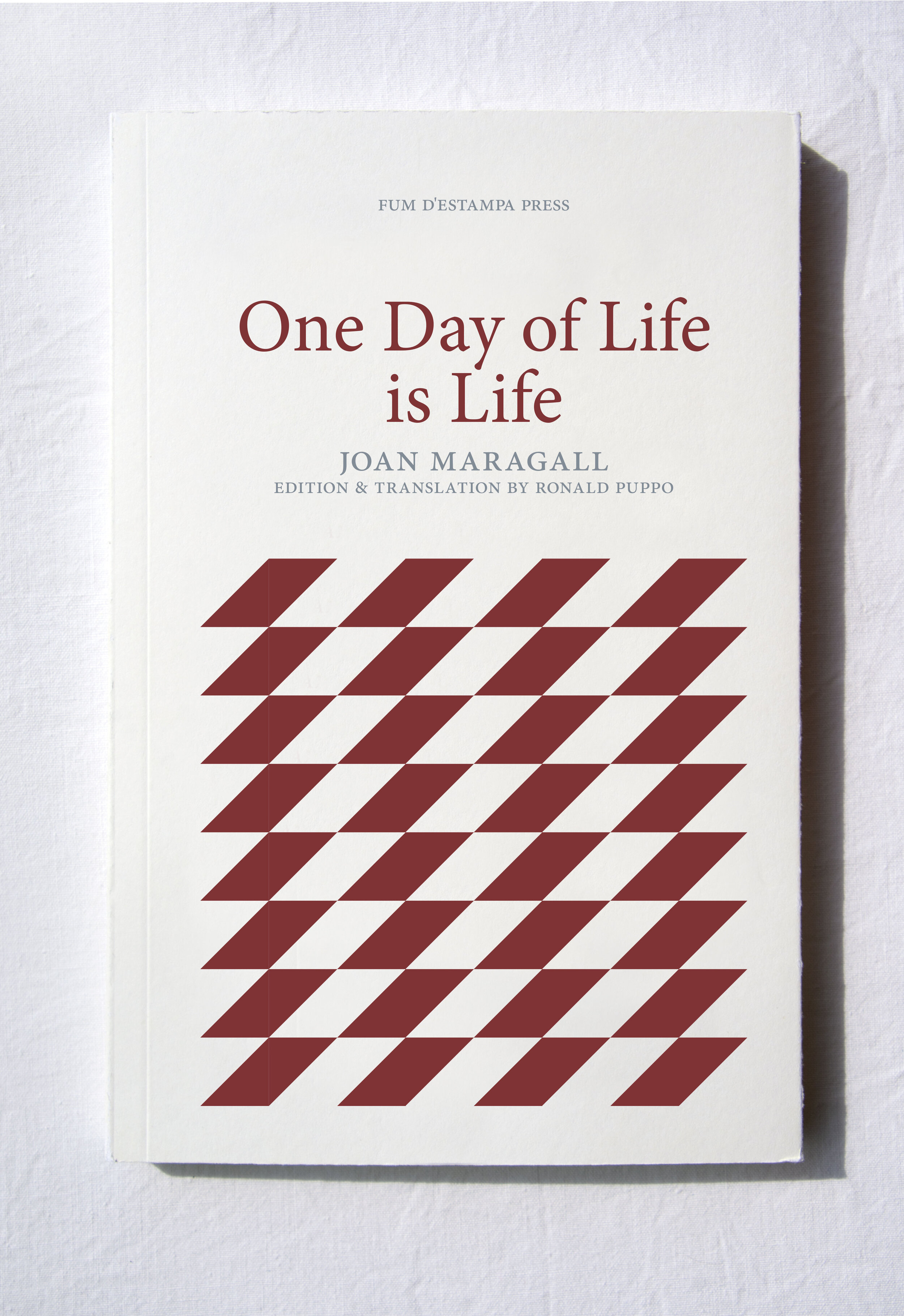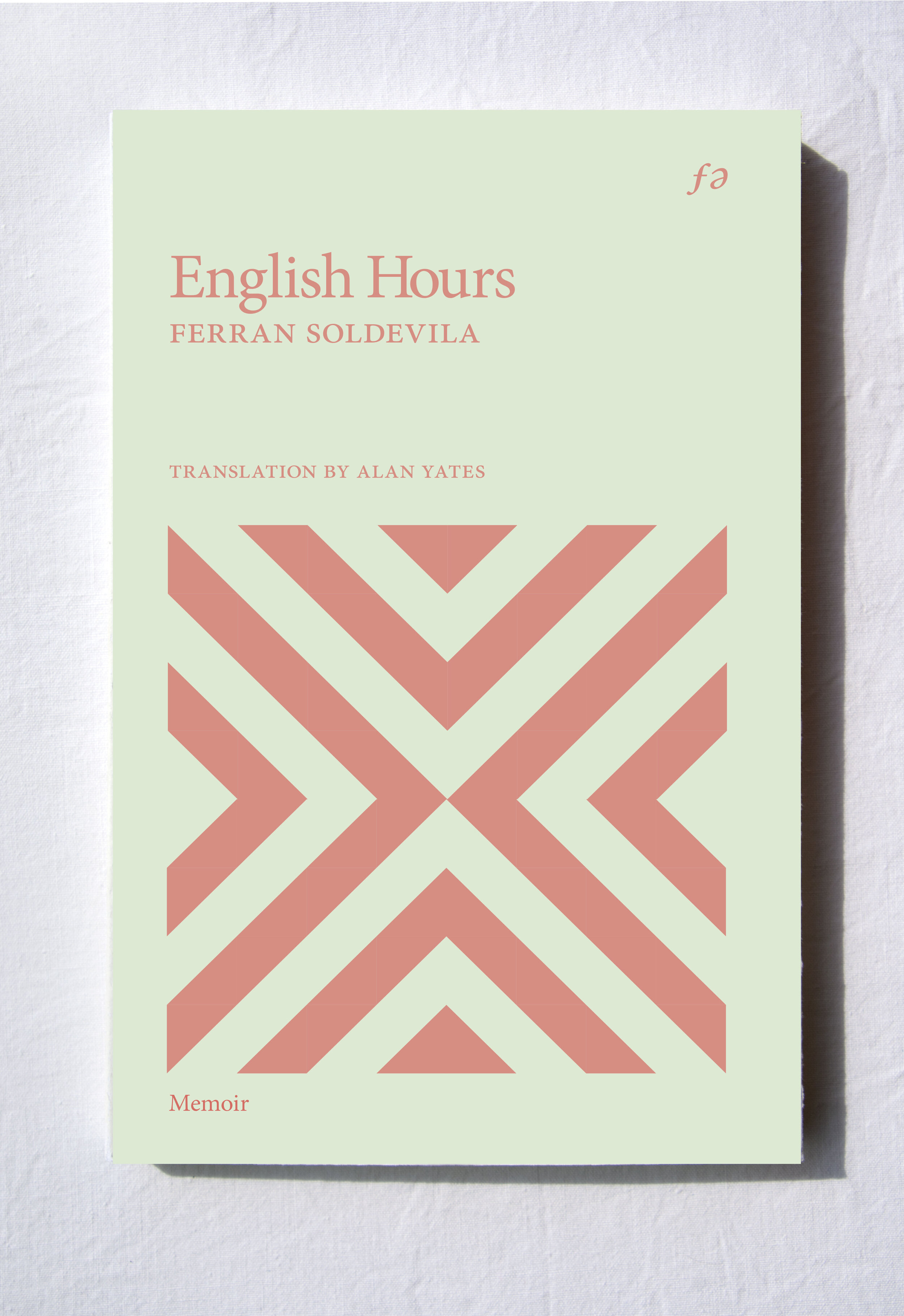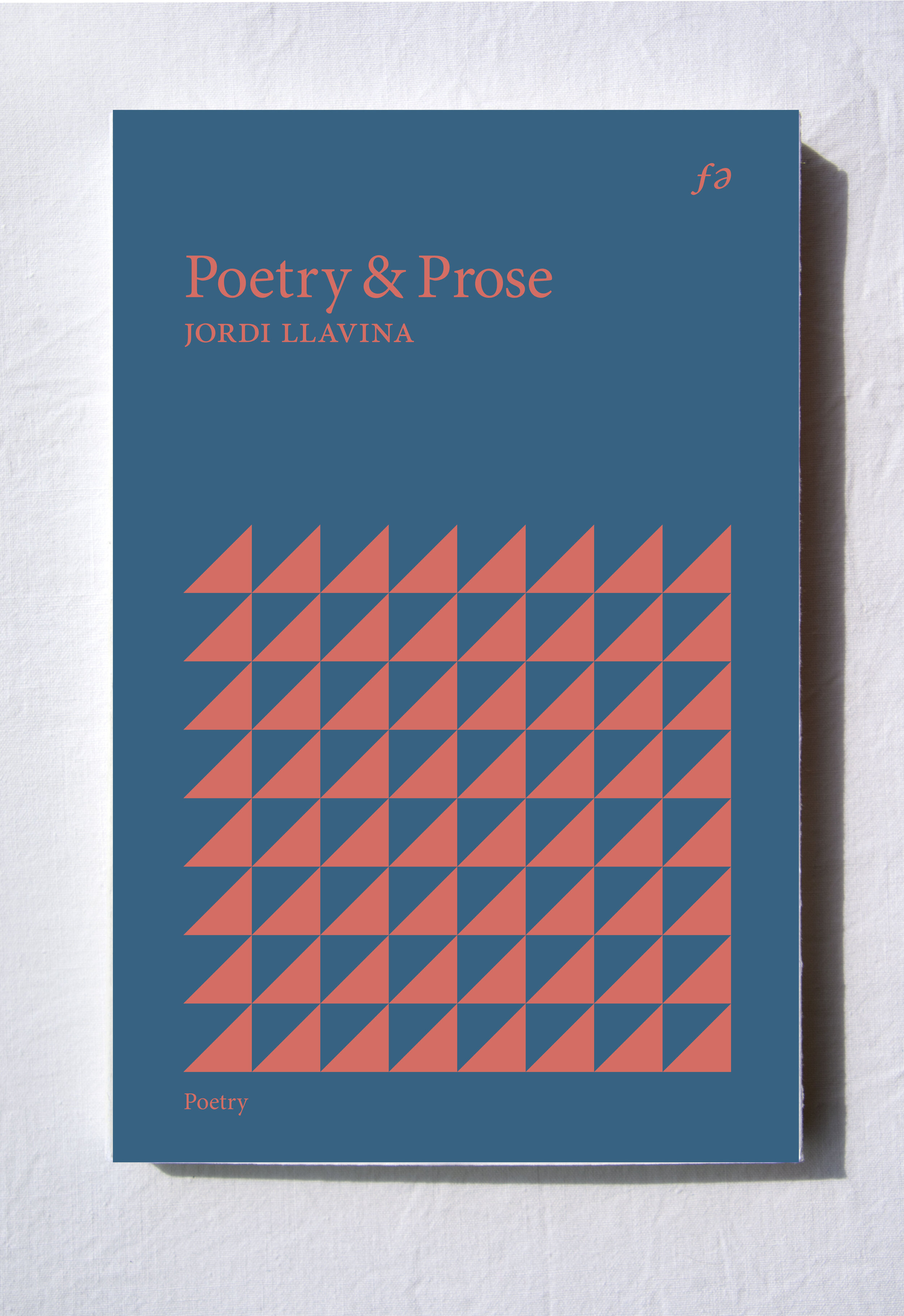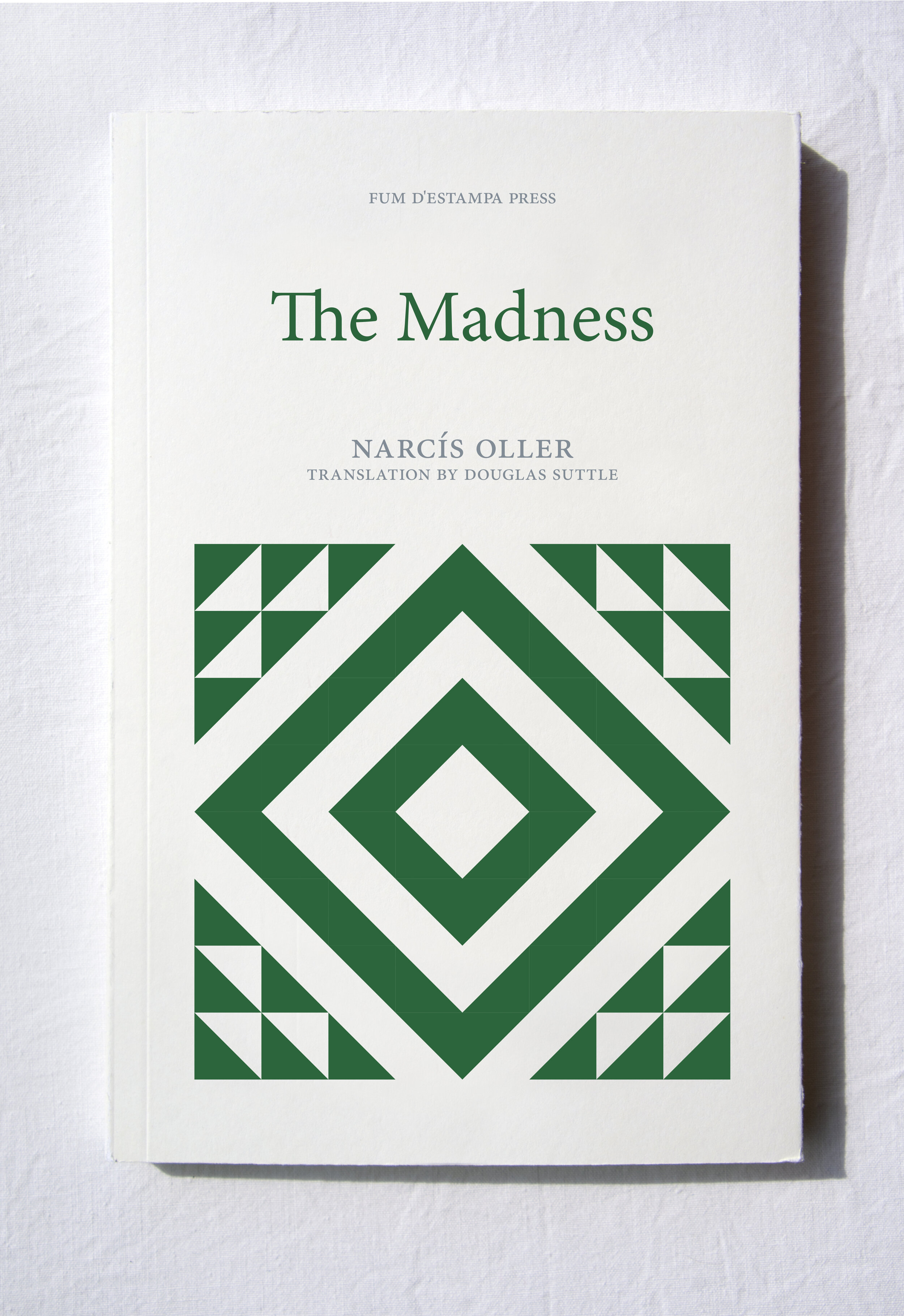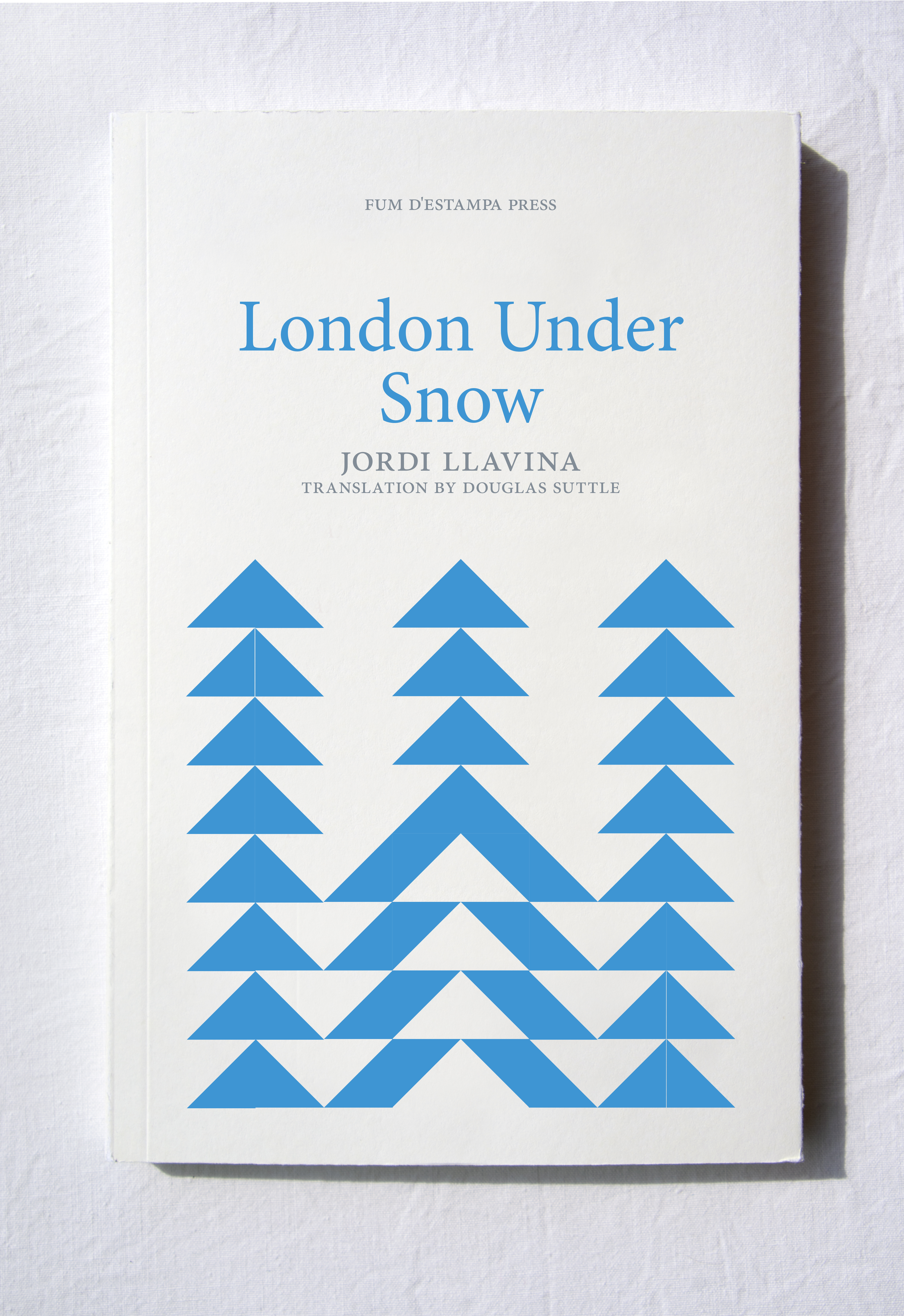One Day of Life is Life
ORIGINAL: JOAN MARAGALL
TRANSLATION: RONALD PUPPO
ISBN: 978-1-9162939-5-3
WINNER: IRL BEST LITERARY TRANSLATION, 2021
READ AN EXCERPT HERE
Download the AI here.
This bilingual collection of both Maragall’s poetry and prose has been edited and translated by Ronald Puppo, a research fellow and translator at the University of Vic. His keen eye and expertise on Maragall comes across in droves as he takes what are arguably Catalan literature’s finest moments and turns them into eminently readable and enjoyable English language poems. Also included in this collection are some of Maragall’s pieces of prose work and personal letters that shed light onto the man himself. Accompanying all this are Puppo’s own indepth comments and insights.
“I have been reading and re-reading this beautiful book for weeks. It is a book I’ll never let go of, not so much a book of the year but for every year.” - Preti Taneja
“A fantastic edition. Each translation and every poem is just wants to be read and re-read again and again.” - Ignasi Moreta
“One Day of Life is Life is not only a magnificent starting point to Maragall’s literature for English speakers, but will also no doubt become one of our points of reference for this author. It is an incredibly important book.” - Jordi Llavina, Núvol
Joan Maragall (Barcelona, 1860-1911), the outstanding fin-de-siècle Catalan-language poet and publicist, holds an eminent place in Spain’s pantheon of diverse literatures. His groundbreaking poetry, disarmingly uncomplex, encapsulates both the turbulence of his time and place (the anarchist bomb attack in the Barcelona Liceu Opera House, the spiritual cost of the Spanish-American War) and the serenity of his gaze into world and soul. Maragall’s wholehearted engagement in the debates of his troubled times cuts an emerging figure, not unlike Émile Zola, of prototype for the twentieth-century intellectuel engagé, and his steadfast friendship with Miguel de Unamuno brings to light their divergent views on how Spain might be put on democratic track.
Ronald Puppo, research fellow at the Universitat de Vic–Universitat Central de Catalunya, has taught translation and English studies since 1994 and published articles and reviews appearing in Babel, Catalan Review, Translation Review and other journals, and book chapters for Reichenberger and Routledge. Translator of several Catalan poets, notably Jacint Verdaguer (1845-1902) and Joan Maragall (1860-1911), his full-length, annotated translation of Verdaguer’s foundational epic, Mount Canigó: A tale of Catalonia was awarded the 2016 "Serra d'Or" Critics Prize for Research in Catalan Studies
FROM ONE DAY OF LIFE IS LIFE
On the occasion of his wedding to Clara Noble Malvido (1872-1944) on 27 December 1891, Maragall was presented with a limited edition (101 copies) containing fourteen of his poems and five of his Catalan translations of poems by Johann Wolfgang von Goethe. This chapbook was prepared by thirteen of his friends, including literary critics Joan Sardà i Lloret (1851-1898), Josep Soler i Miquel (1861-1897), Josep Yxart i de Moragas (1852-1895); writer and publisher Francesc Matheu i Fornells (1851-1938); and renowned novelist Narcís Oller i Moragas (1846-1930). The 104-page volume, titled Poesías: originals y traduccions (Barcelona: La Ilustració Catalana, 1891), laid the groundwork for the first book of poems—revised, restructured and expanded—to be published by Maragall four years later: Poesies (Barcelona: L’Avenç, 1895). The gift was, as Joan-Lluís Marfany and Glòria Casals point out, a landmark moment: beaconing Maragall’s recognition by literary peers as a poet of talent (see Marfany 1986, 191; Casals 1998, 75). Readers of poetry being few, however, Maragall would long remain more widely known for his engaging opinion articles featured in the conservative-leaning Spanish-language daily Diario de Barcelona (see Pijoan 2010, 48), which from 1892 to 1903 published two hundred forty-eight articles penned by Maragall (see Moreta 2010, 474). In Poesies, five of the original fourteen poems in the chapbook published by his friends were now reorganized into the single series poem “Festeig vora la mar cantàbrica” (“Courtship by the Bay of Biscay”) and three others also reappeared, slightly revised, including the prologue poem “L’oda infinita” (“Endless Ode”). After the prologue poem come four more sections: Claror (Clarity) with eight poems; Pirinenques (Pyrenean Poems), a suite of six poems followed by two more; Tríptic de l’any (Seasons Triptych), three poems; and the epilogue poem “Excèlsior” (“Excelsior”). D. Sam Abrams has identified the book’s underlying theme as “the indissoluble bond between poetry and life,” where Claror poeticizes “human relationships, represented by love and family,” Pirinenques evokes our “links with nature, evinced in [the poet’s] visits to the Pyrenees;” finally, Tríptic de l’any shows our “spiritual relations with the transcendent by means of celebrations of importance throughout the Christological year” (2010, 20).

